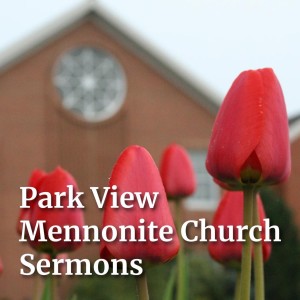

Pastor Phil Kniss lead the congregation through the Bible, looking at a wide variety of texts to see how God instructs Israel to treat aliens in their midst. Rather than distancing themselves from foreigners, Israel was directed to identify with them. In the context of an insular group seeking a high level of uniformity, this is surprising. Clearly, God was consistently concerned with hospitality and justice for foreigners. Jesus taught radical hospitality and mercy for foreigners.
But then...
Pastor Phil Kniss lead the congregation through the Bible, looking at a wide variety of texts to see how God instructs Israel to treat aliens in their midst. Rather than distancing themselves from foreigners, Israel was directed to identify with them. In the context of an insular group seeking a high level of uniformity, this is surprising. Clearly, God was consistently concerned with hospitality and justice for foreigners. Jesus taught radical hospitality and mercy for foreigners.
But then Pastor Phil shifted to ask what these ancient texts have to say in our context of a national conflict about immigration. The Biblical law of gleaning was meant to be a law that provided for aliens. It limited the profit of land-owners in order to fund care for the poor. How can we do less? The debate of legal or illegal immigration cannot shield us from the Biblical call to show hospitality and justice.
Pastor Phil did not have an answer to the question of what law would bring the correct balance of restriction and hospitality. In the public square, that debate must continue. The church can contribute to that debate by encouraging immigrants to be treated as beloved children of God.
View more
Comments (3)
More Episodes
All Episodes>>You may also like
Create Your Podcast In Minutes
- Full-featured podcast site
- Unlimited storage and bandwidth
- Comprehensive podcast stats
- Distribute to Apple Podcasts, Spotify, and more
- Make money with your podcast
It is Free












